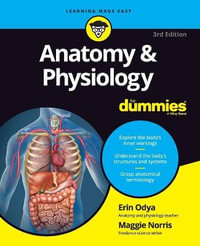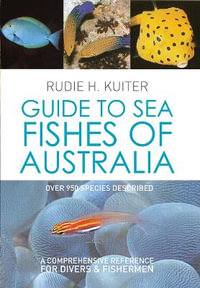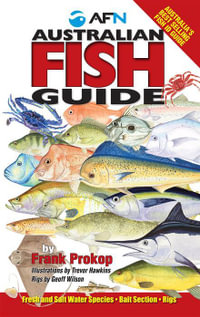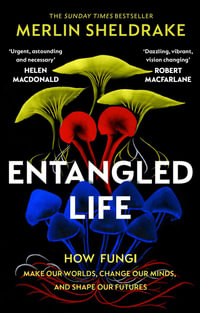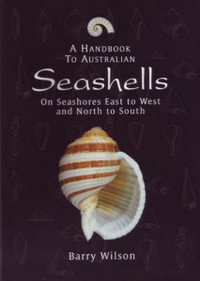Over the last century, the centrality of proteins to life on earth has become increasingly clear - from forming enzymes acting as catalysts for specific reactions, to crucial molecules such as antibodies in the immune system, and as signalling molecules between cells. In fact, the more they are studied, the more proteins continue to reveal new and exciting functions. Indeed, by studying amino acid sequences and protein structures it is even possible to unravel some
of the mysteries of evolution itself.Introduction to Protein Science, 3rd edition provides a rich and broad introduction to this fascinating field by covering not only the
structure and function of proteins, but also the methods and experimental techniques used to study them. The practical applications of our knowledge to diverse fields such as biotechnology and medicine are emphasized throughout, to help students appreciate the relevance of the subject to the real world. Active learning is encouraged by the provision of frequent exercises and problems, with further 'weblems' - web-based problems - on the Online Resource
Centre.Online Resource CentreThe Online Resource Centre to accompany Introduction to Protein Science features:For students:·Answers to end-of-chapter exercises, and hints to
end-of-chapter problems, so students can check their understanding.·Rotating structures from the book to help students visualize proteins in 3D.·Web-based problems for students to complete online.For registered adopters:·Figures from the book in electronic format, ready to download
Industry Reviews
The third edition of Introduction to Protein Science continues to be a brilliant superior textbook for undergraduate and new postgraduate students in biology and chemistry. * Acta Crystallographica Section D, Volume D72, Part 12 (pp. 1227-1309, 1 December 2016) *
It would be difficult to express the qualities of this book better than Doolittle (2005) in his review of the first edition: How can a book with only seven chapters cover so many topics so thoroughly and so well? For one thing, Lesk is a gifted writer with a knack for making complex material eminently understandable. For another, he has managed an adroit balancing of the carefully crafted main text with dozens of well-situated "boxes" and "case studies", each of which provides intriguing connections to the subject at hand. * Acta Crystallographica Section D, Volume D72, Part 12 (pp. 1227-1309, 1 December 2016) *
This new edition is, above all, an excellent update of the previous one. * Acta Crystallographica Section D, Volume D72, Part 12 (pp. 1227-1309, 1 December 2016) *








